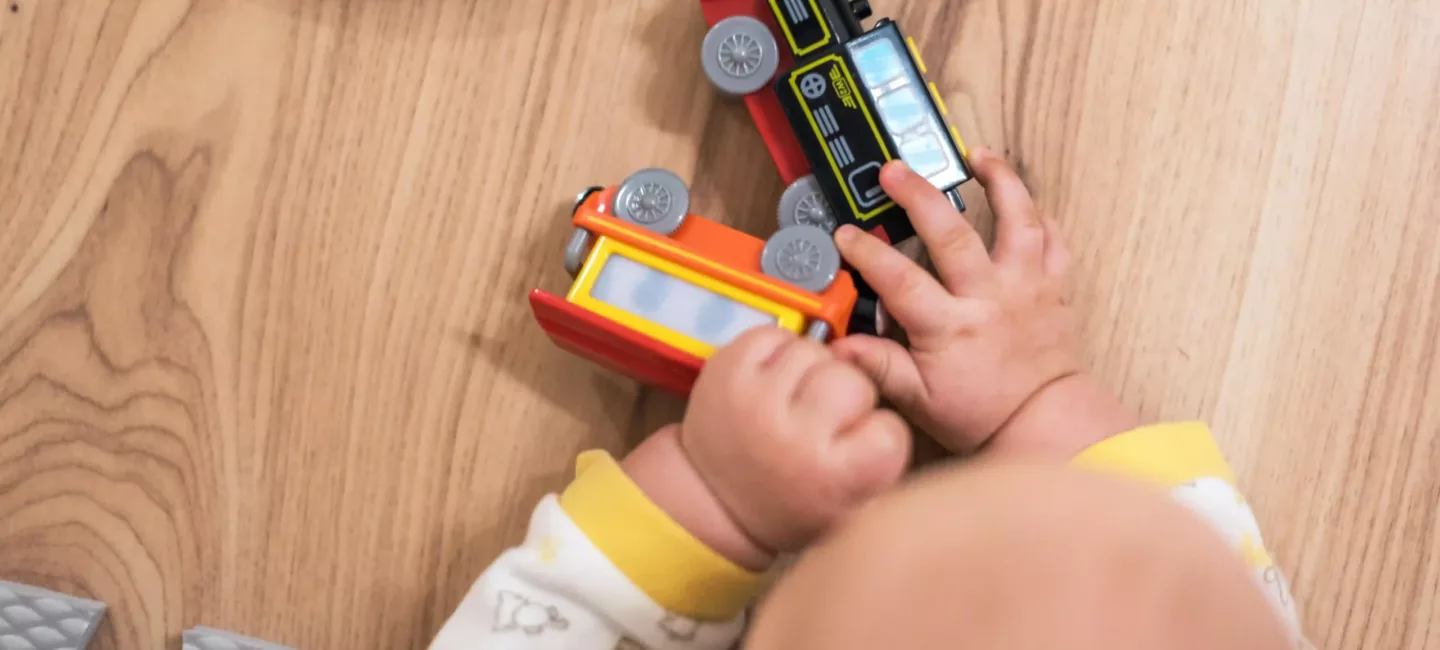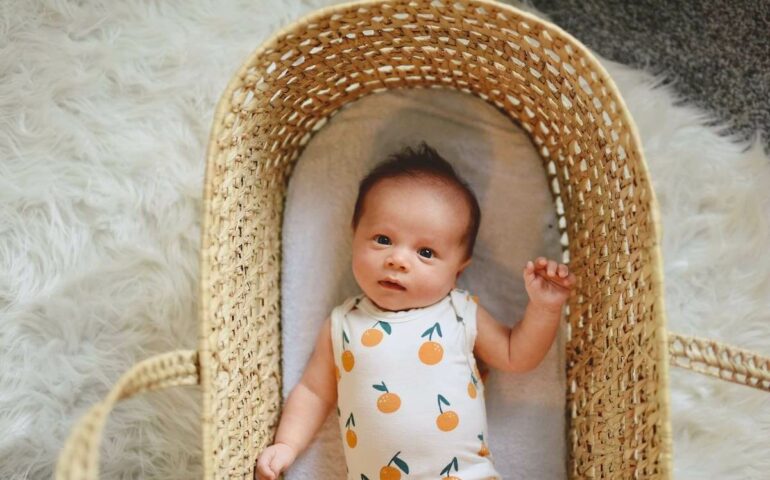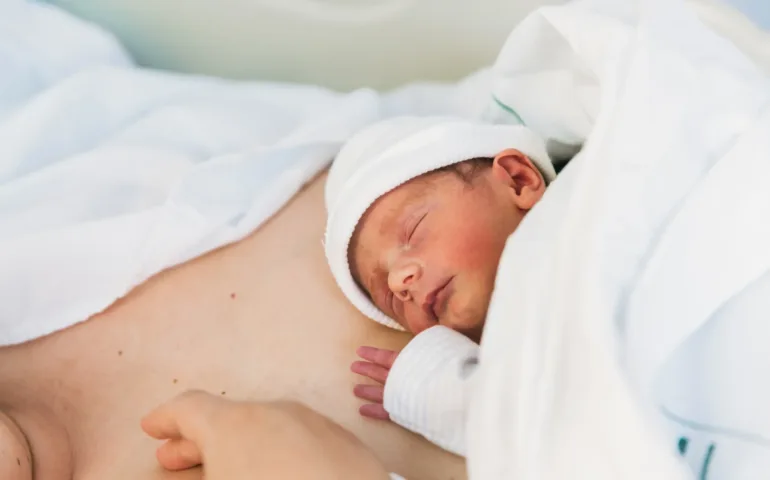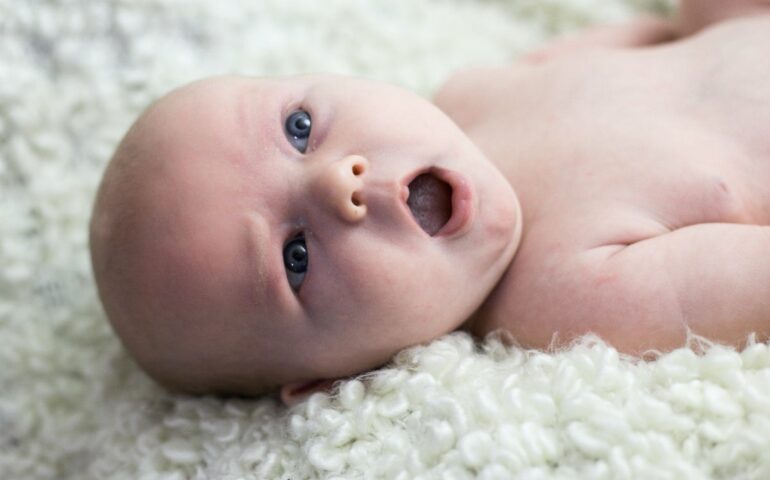
Our most viewed articles
All articles

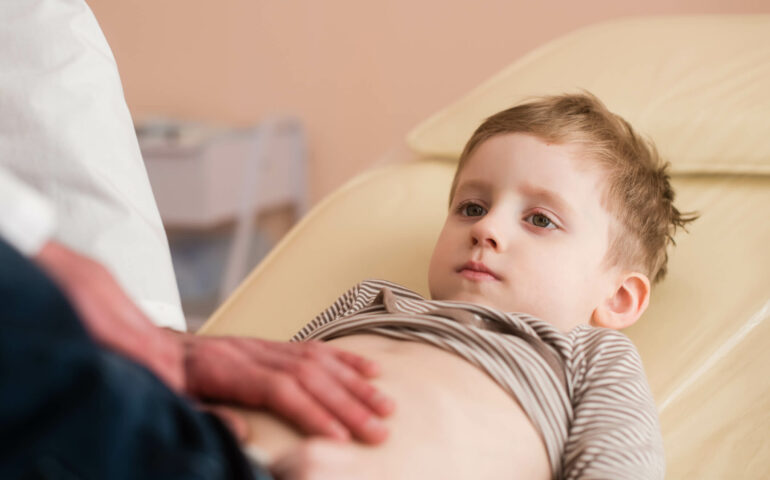
My child has a stomach ache: what should I do?

When does a baby start sitting independently?

How can bronchiolitis in infants be treated?
Access more articles, tips, and Mya by downloading the May app
Try the app for free for 14 days.
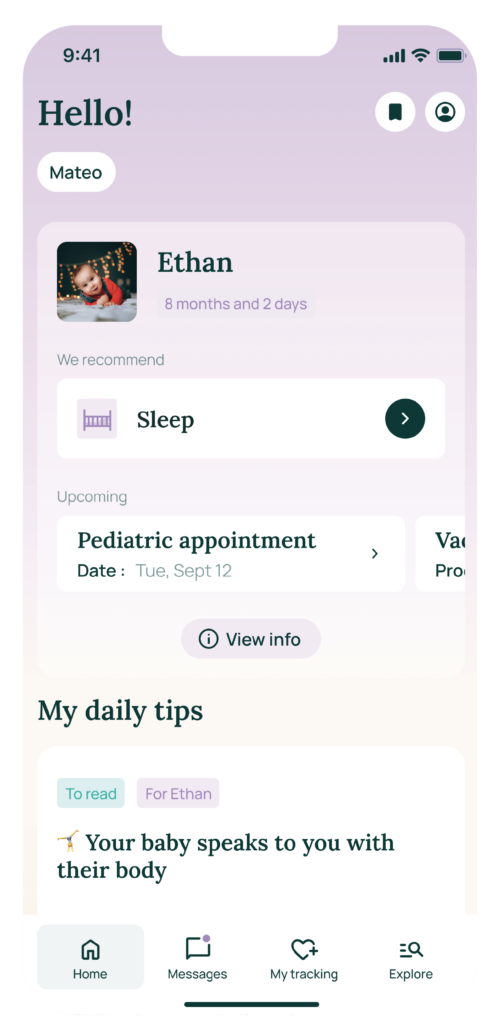
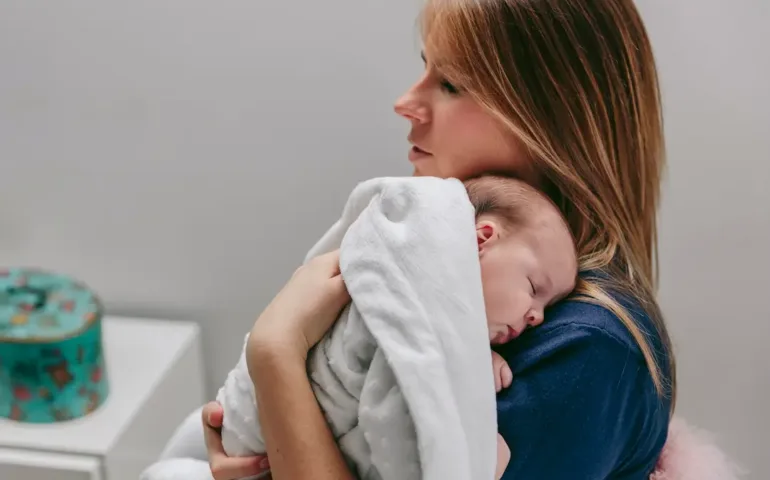
Sleep regressions in children

Soothing anxiety and fear of abandonment in your baby
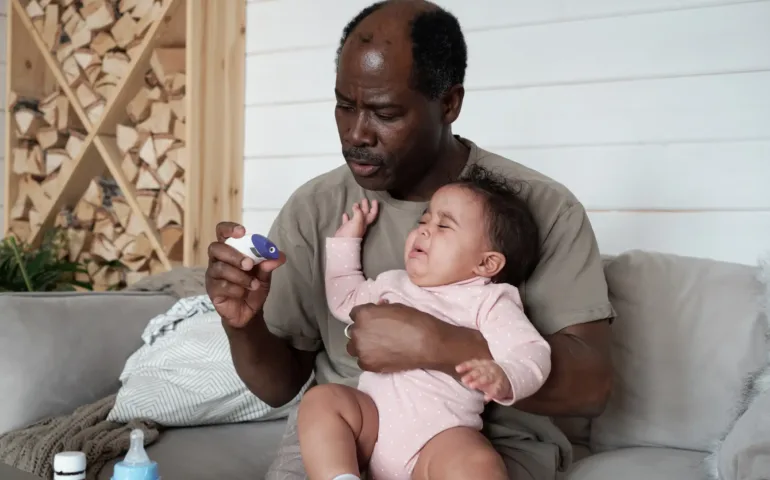
Flu in Babies: Symptoms and Essential Care

Celebrating Halloween with a Baby: A Practical Guide for Parents
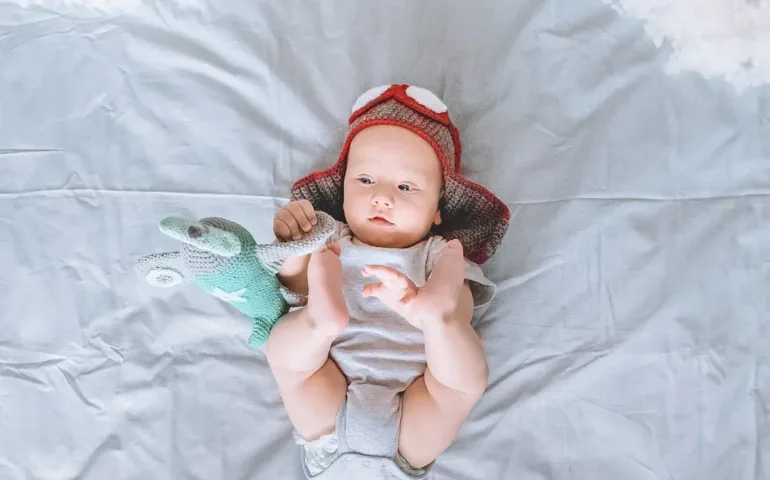
Flying with a Baby: Everything You Need to Know
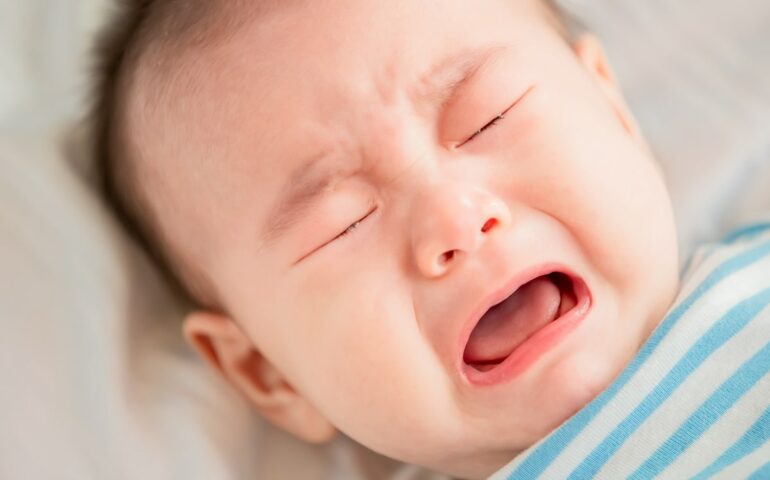
Letting baby cry himself to sleep: methods, benefits and limits
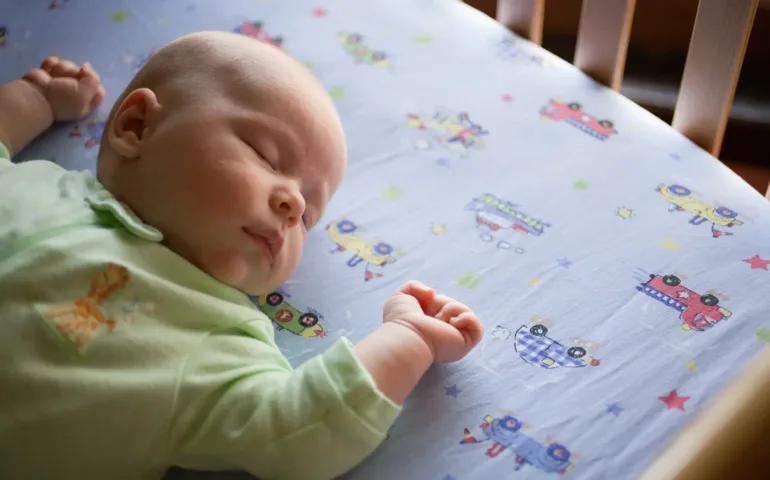
Should you wake a baby during sleep?
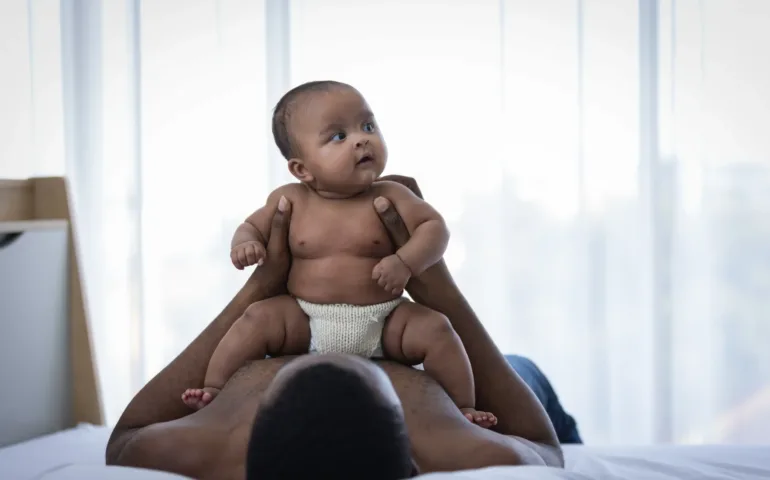
Baby’s Mongolian spot: should you be concerned?
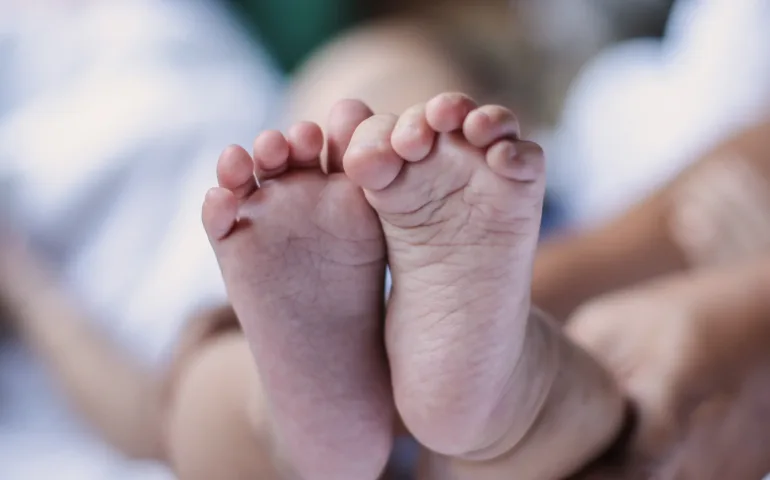
Ingrown toenails in babies: causes and solutions
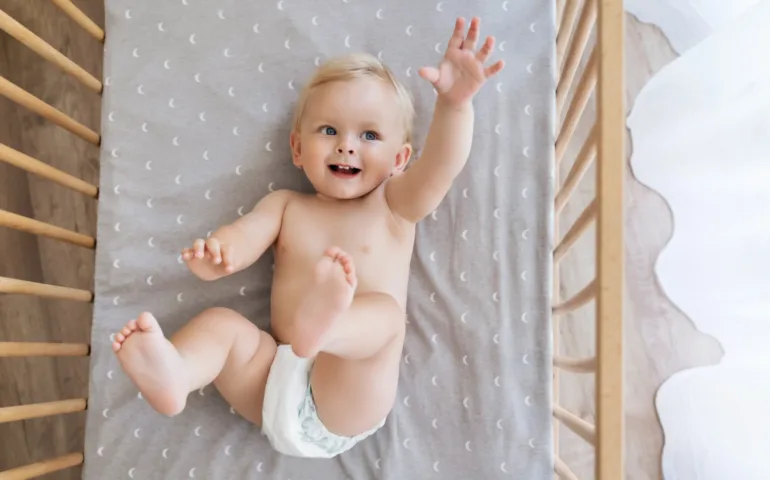
Baby crib bumper: a real danger?
The baby from 6 months to 1 year
Is your baby between 7 and 12 months old? They are no longer a newborn and are entering an important phase of their development. This new stage is characterized by several milestones: the appearance of teeth, the introduction of new textures in their diet, continued stimulation, the beginning of language…
May answers all your questions about your child’s needs during this key period!
From when can a baby be given 3 meals?
During the first months of life, an infant’s diet consists only of dairy products. Before 4 months, their digestive system is not ready to handle foods other than breast milk or infant formula.
Whether your baby is breastfed or not, it is recommended to begin food diversification between 4 and 6 months. In fact, it has been proven that starting diversification after 6 months may increase the risk of food allergies.
All foods should ideally be introduced before 12 months within 2 meals: lunch and snack.
Feeding your baby then becomes an adventure and each meal a source of discovery!
During this period, young children start to taste solid foods. You can introduce vegetable purées at lunch and fruit compotes for snacks: a few spoonfuls in the first days, then increase depending on your child’s appetite. You can introduce fruits, vegetables, and starches at the same time, varying and considering the seasonality of foods. It is also preferable to gradually introduce gluten and cereals between 4 and 9 months.
During this diversification period, you can reduce the amount of bottle proportionally to the amount of purée/compote until reaching 120–150 ml of milk. We advise not to offer less, even with the full dose of purée, and to monitor daily milk intake.
Between 9 and 12 months, you can also offer your child breakfast and/or dinner, depending on their motor development and needs.
How to keep a 12-month-old baby busy?
Parents often wonder what activities to offer their child at this age. The best developmental games for one-year-olds are:
-
those that allow them to explore their environment, such as rolling toys (push carts, cars, balls…)
-
those that help develop fine motor skills: pouring games (treasure bags and baskets) and stacking games (blocks, shape sorters…)
How to help a baby crawl?
Motor skills develop gradually, step by step (back-to-belly, belly-to-back, crawling, beach-sit, sit…). Intermediate steps are important: your child, through the postures they adopt, strengthens their muscles and prepares for the next stages.
If the temptation to help your baby in this process is strong for young parents, it’s better not to intervene too much. The baby’s desire to explore will fuel their wish to move and lead them, at their own pace, toward walking.
Around 12 months, your baby will likely move with support and go from one piece of furniture to another. A child usually takes their first steps between 9 and 18 months.
How to help baby talk?
Around 7–10 months, the baby endlessly repeats syllables: “Bababa, mamama.” Behind this early language lie significant cognitive abilities, already allowing them to understand simple phrases (“time to eat,” “time to sleep”) or instructions linked to gestures (“come,” “give”).
Even before speaking, the baby has grammatical knowledge. Indeed, they are generally more attentive to correctly structured sentences. Word order already matters.
The baby quickly differentiates between two types of words: frequent ones, called function words (the, in, we…), identified as structuring, and others, called content words (doll, purée, flowers…), identified as changing. The latter, part of vocabulary, will soon become their playground: they’ll first learn words from daily life (blankie, bottle, cat, bed), then from broader topics (animals, fruits, tractors, professions…)
Around 12 months, your child understands more and more instructions, especially if you get down to their level and speak slowly and clearly. First words then begin to appear clearly: “daddy,” “mommy,” “more,” …
Whatever your baby’s age, their development is dynamic. A child cannot move on to a new stage until the previous one is fully achieved. So don’t worry if your baby progresses faster or slower than others, and remember that each child develops at their own pace!
